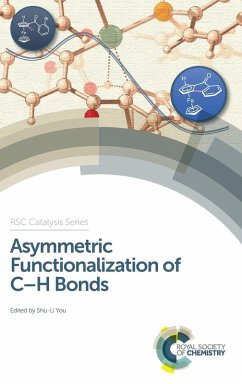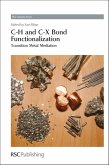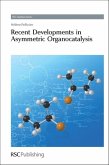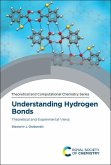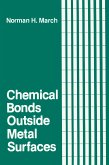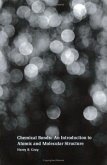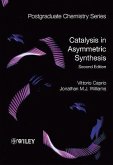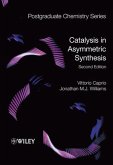Asymmetric C-H direct functionalization reactions are one of the most active and fascinating areas of research in organic chemistry due to their significance in the construction of molecular complexity without pre-activation, and the step economy and atom economy features in potential synthetic application. Distinguishing the reactivity among numerous C-H bonds in one single molecule represents one of the most challenging issues in organic synthesis and requires precise reaction design. As such, this field is now receiving increasing attention from researchers. This book provides the first comprehensive review of this field, summarizing the origin, mechanism, scope and applications of the asymmetric C-H bond functionalization reaction. It covers organocatalytic reactions and transition-metal-catalyzed reactions, as well as asymmetric C-H functionalization reactions not described in other books. Written by a leading expert in this field, the book is ideal for postgraduates and researchers working in organic synthesis, catalysis, and organometallic chemistry.

